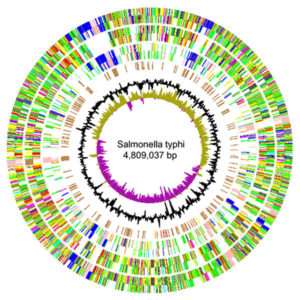Working with Pathogen Genomes (Latin America) (Virtual)
7–11 February 2022
Virtual Course
Hands-on training in genomic analysis of bacterial and eukaryotic pathogens
Summary
PLEASE NOTE: Due to the Covid-19 pandemic, this course will be delivered in a virtual format.
Understanding pathogen genomes, how they evolve and which genes are essential for their ability to cause disease, is a key part of the battle to reduce the global disease burden.
This five-day computational course aims to give molecular microbiologists working with bacterial and eukaryotic pathogens a working knowledge of genomic analysis. The course will be taught by members of the Parasites & Microbes teams from the Wellcome Sanger Institute in collaboration with regional instructors and speakers, and will take the form of a series of modules covering the fundamental aspects of DNA sequence analysis and exploitation.
The course begins with training in the use of genome analysis software (Artemis and ACT), developed at the Sanger Institute for genome exploration and comparative genomics. It then goes on to cover the mapping of Illumina sequence data, SNP calling, phylogenetics, genome assembly, genome annotation and RNA-seq.
Each module will be introduced with a short talk, followed by hands-on worked examples using data from bacterial and eukaryotic pathogens. A key aspect of this course is the shared interest in pathogens between instructors and participants. This common understanding of the questions and problems presented by our work results in particularly fruitful interactions.
The course is aimed at research scientists or clinicians/healthcare professionals based in institutes in Latin America who are actively involved in, or soon to commence, relevant research on bacterial and eukaryotic pathogens. The course is free to attend for non-commercial applicants. The course will be taught in English.
Programme
The programme will include lecture and practical computer-based sessions* covering the following topics:
- Introduction to pathogen genomics
- Introduction to Artemis
- Using the Linux operating system for bioinformatics
- Comparative genomics using the Artemis Comparison Tool (ACT)
- Mapping Illumina sequence data against a reference genome
- Genome-wide phylogenetic analysis using SNPs
- Genome assembly
- Genome annotation
- Transcriptome analysis using RNA-seq data
- Two extended practical sessions applying the above topics
Learning Outcomes
After completing this course, participants should be able to:
- Understand the different file formats related to genome sequencing data
- Explore genome sequences using Artemis
- Map sequencing reads to a reference genome
- Identify genomic differences between pathogens
- Construct phylogenetic trees to understand the recent evolution of pathogens
- Produce new, annotated genome sequences
- Identify changes in pathogen gene expression
*Please note: The practical computational sessions will be taught exclusively through Unix/Linux. Computers will be provided. Participants are required to have some familiarity with the Linux operating system. This will be essential for participants to fully benefit from the course. There are numerous online introductory tutorials to the UNIX/Linux operating system and command line, including:
http://www.ee.surrey.ac.uk/Teaching/Unix
http://swcarpentry.github.io/shell-novice/
Instructors and speakers
Instructors and Assistants

Adriana Ludwig
Instituto Carlos Chagas, Fiocruz-PR, Brazil

Daryl Domman
Univ. of New Mexico, USA
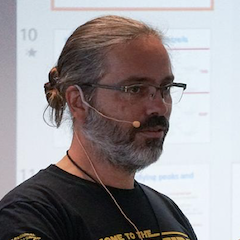
Fernan Aguero
Univ. Nacional de San Martín, Argentina
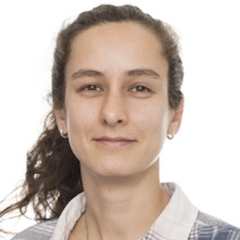
Florencia Díaz Viraqué
Institut Pasteur Montevideo, Uruguay

Jose F. Tort
Univ. de la República, Uruguay
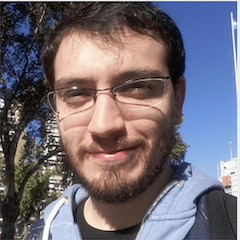
Lionel Uran Landaburo
Univ. Nacional de San Martín, Argentina
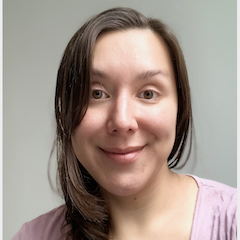
Marcela Suarez Esquivel
Univ. Nacional, Costa Rica

Rodrigo Quiroga
Univ. Nacional de Córdoba, Argentina
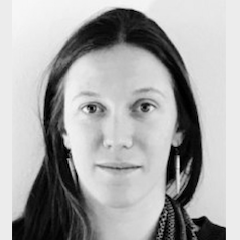
Sophie Belman
Wellcome Sanger Institute, UK

Steve Doyle
Wellcome Sanger Institute, UK
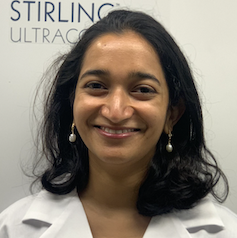
Sushmita Sridhar
Massachusetts General Hospital/Harvard Medical School, USA
How to apply
Prerequisites
Applicants should be research scientists or clinicians/healthcare professionals based in institutes in Latin America who are actively involved in, or soon to commence, relevant research on bacterial and eukaryotic pathogens. The course will be taught in English.
*Please note: Participants are required to have some familiarity with the Linux operating system. This will be essential for participants to fully benefit from the course. There are numerous online introductory tutorials to the UNIX/Linux operating system and command line, including:
http://www.ee.surrey.ac.uk/Teaching/Unix
http://swcarpentry.github.io/shell-novice/
How to Apply
Please click the Apply button above to begin the online application process. Places are limited and will be awarded on merit. If you have any problems with the online application process, please contact us.
Please note: Applications must be supported by a recommendation from a scientific or clinical sponsor (e.g. supervisor, line manager or head of department). A request for a supporting statement will be sent to your nominated sponsor automatically during the application process. Applicants must ensure that their sponsor provides this supporting statement by the application deadline. Applications without a supporting statement cannot be considered.
Cost
Cost
The course is subsidised by Wellcome Genome Campus Advanced Courses and Scientific Conferences and is free to attend for non-commercial applicants. Please contact us for the commercial fee.
Testimonials
Feedback from the 2021 virtual course (Asia)
“Other online courses are commonly kind of boring, but this course is really interactive and made me feel free to ask any questions. Highlightly, I could combine and apply all of the knowledge from previous chapters to solve the last 2 tasks.”
“An incredibly well-organised and well taught out course. I felt very privileged to be able to take part.”
“Being virtual, I was able to complete the whole course from the comfort of my place. Also, each instructor paid extra attention to my problems whenever I pinged them. Screen-sharing enabled me to check others’ progress. Problems faced by me and other participants got solved altogether.”
“I very much appreciate the patience of our instructors while guiding us through the contents. I found this course and its contents very informative and useful for my current work.”
